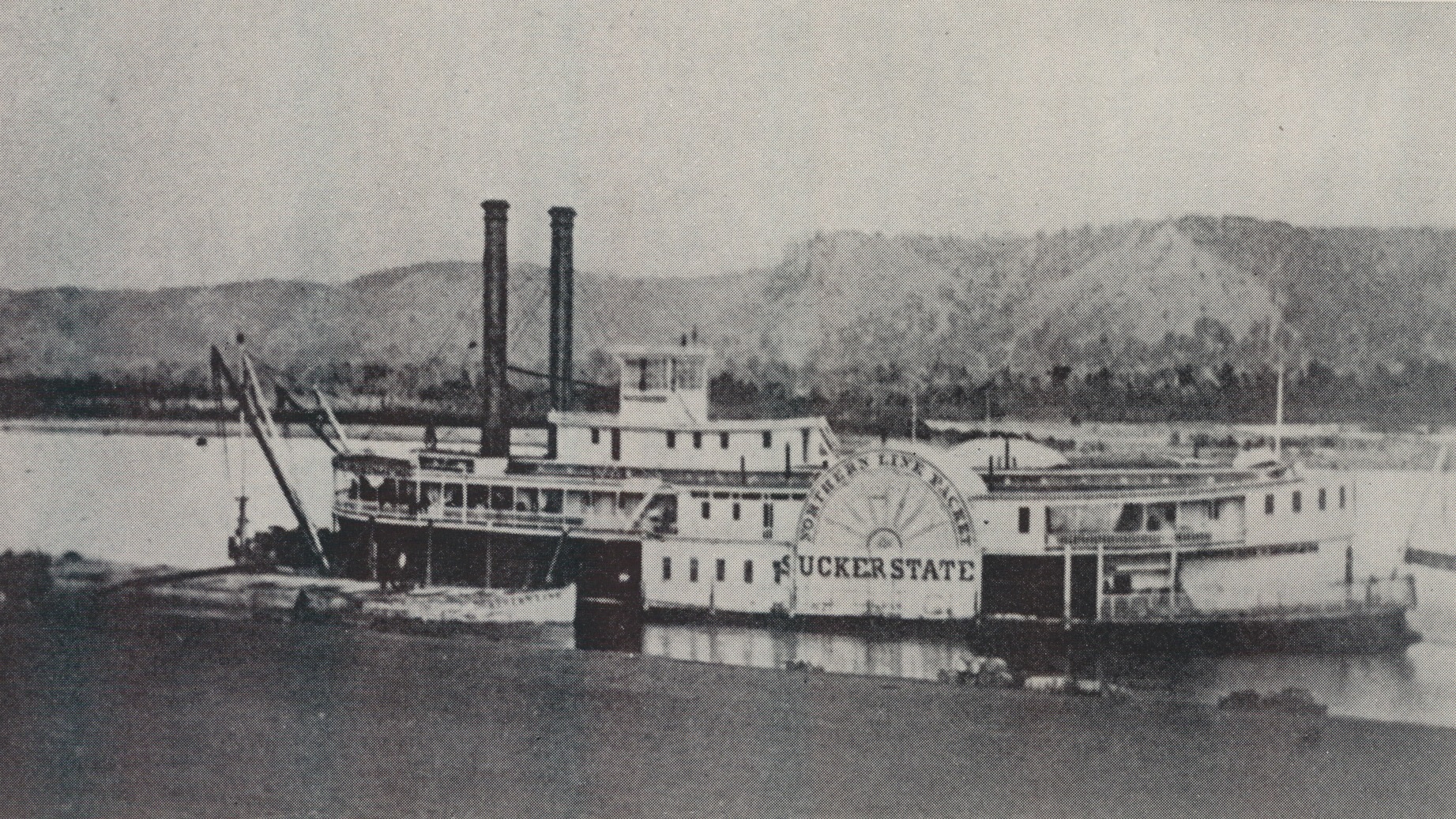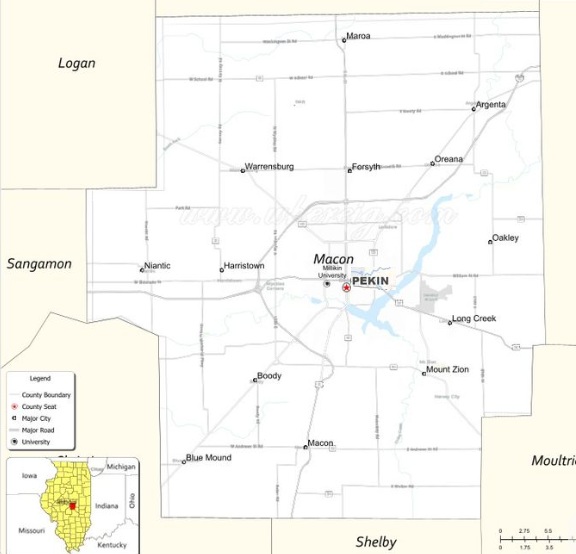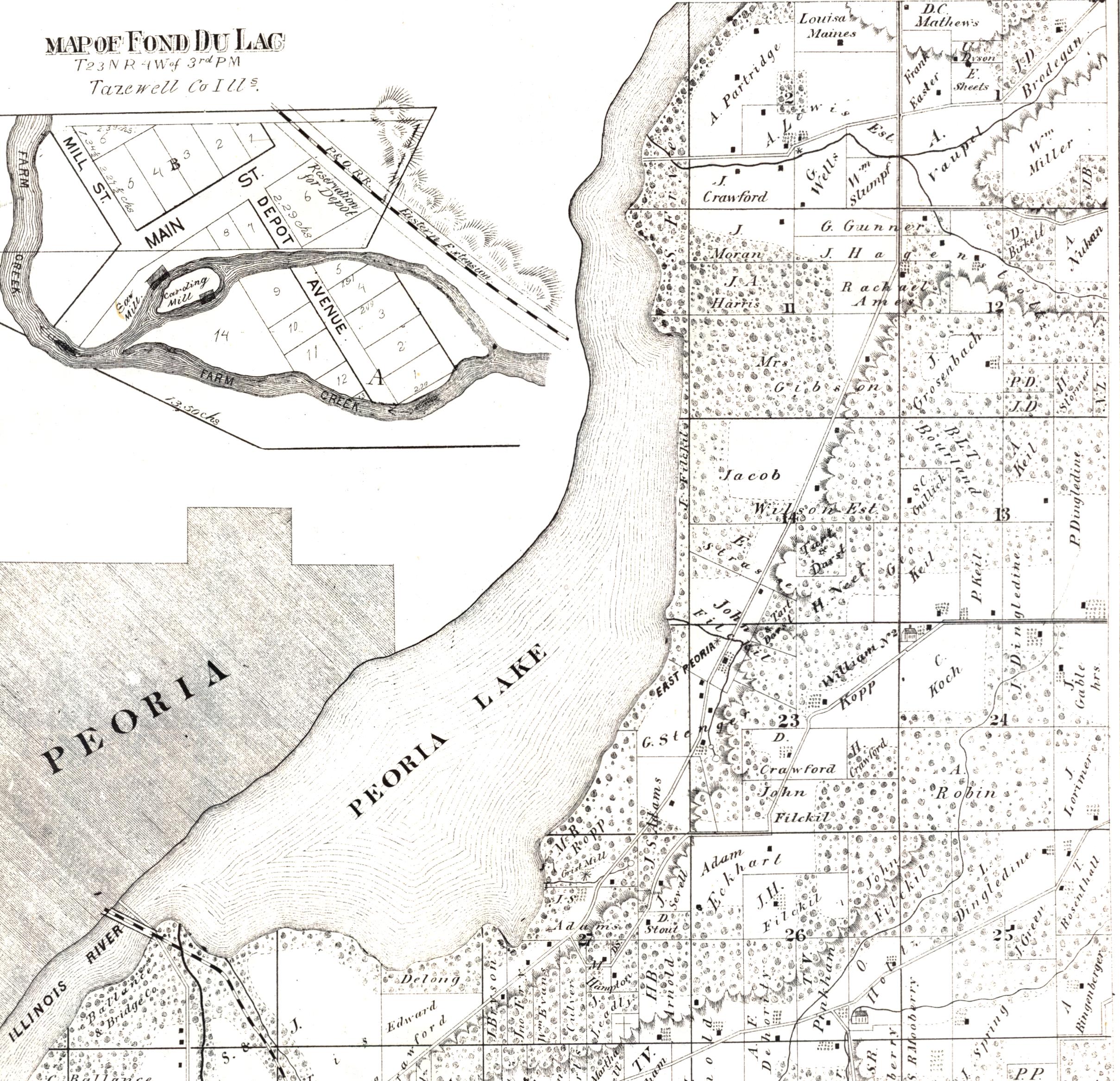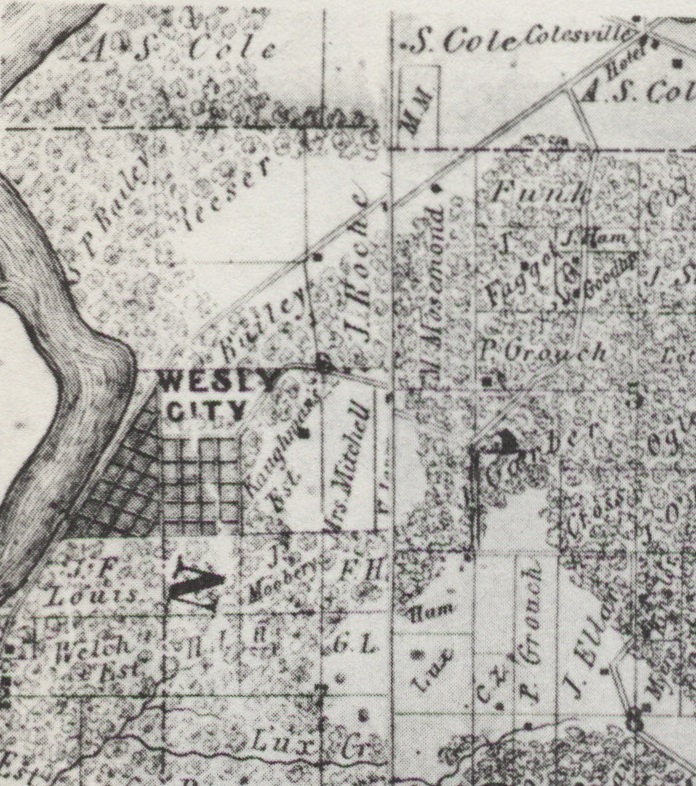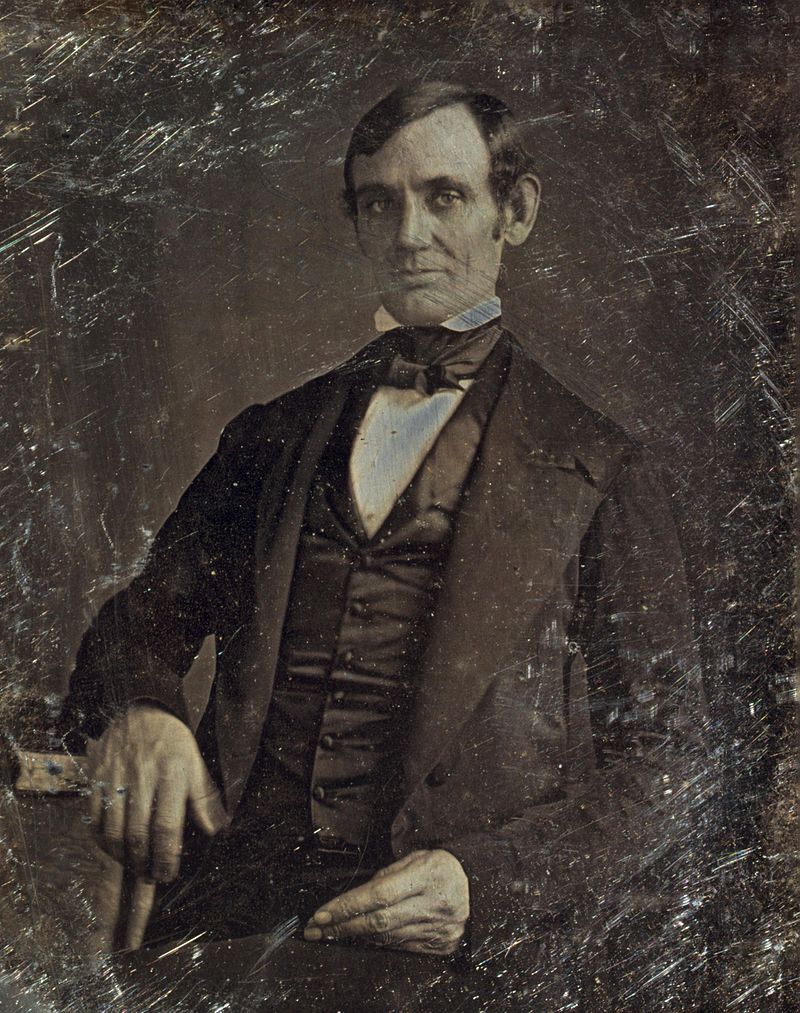Once upon a time, back in the Age of the Mississippi River Steamboat, there was a packet steamer that was named after the state of Illinois.
The boat, a side-wheeler, was designed and built in Pittsburgh, Pa., by Capt. Richard C. Grey, superintendent of construction of the Northern Line. She was a 523.77 ton vessel, 230 feet long, 36 foot beam, with a 5 foot 5 inch hold. Designed for speed, her cylinders were 22 inches in diameter and she had a 7-foot stroke, which is what made it possible for her to set a record in 1867 for the 700-mile run from St. Louis, Mo., to St. Paul, Minn., making it in just 69 hours and 48 minutes. Along with a sister steamer named after the state of Iowa, she was launched in 1860 and plied the waters of the Upper Mississippi for 12 years.
Since her sister ship was named after the state of Iowa, her sister was christened the Hawkeye State. And since she herself was named after the state of Illinois, she was given the name Sucker State.
No, really, that was her name.
“Sucker State.”
Because, though the nickname is rarely heard anymore, in 1860 it was Illinois’ best known nickname – even more popular than “the Prairie State,” which was the name of two other Mississippi River steamboats named after the state of Illinois back then, the first built in 1847 and the second in 1850. (These and other steamboat facts may be found in William J. Petersen’s paper, “Floating Namesakes of the Sucker State: Some Upper Mississippi Steamboats,” published 1940 by the Illinois State Historical Society in “Papers in Illinois History and Transactions for the Year 1939.”)

I know what you’re going to ask next. No doubt you’re wondering why our neighbors acquired nifty nicknames like the Hawkeye State, the Show-Me State, the Bluegrass State, the Hoosier State, and the Badger State, while good ole Illinois got stuck with “the Sucker State.”
One may be forgiven for supposing it has something to do with Illinois’ tradition of corrupt politics and government (a long history that our Illinois Bicentennial Series has shown to have begun in the days of the Illinois and Indiana territories). But no, that’s not the reason.
The probably unsatisfying answer to the question, “Why ‘Sucker State’?” is, “We really don’t know for sure.”
But historians have made a few pretty interesting guesses, and one of their guesses seems to be most likely to be the right one.
First let’s address what looks like the least probable guess. According to the website NetState.com, this guess is found in Malcolm Townsend’s 1890 “U.S.: An Index to the United States of America.” Townsend says that some people in his days sought the explanation of “Sucker State” in common lore about the old pioneers of the Illinois prairie. “Evidently, the prairies were filled, in many places by crawfish holes. Travelers were able to suck cool pure water from these holes using long, hollow reeds. According to Malcolm Townsend, whenever a traveler would happen upon one of these holes, he would cry out ‘A sucker, a sucker!’”
This guess has little to go for it, being unsupported by earlier historical witnesses. There’s no good reason to believe the nickname derives from the literal act of sucking water (something that is hardly unique or distinctive about Illinois’ pioneers).
The most common explanation for the nickname was that which is given by Charles C. Chapman in his 1879 “History of Tazewell County,” page 78:
“The low cognomen of ‘Sucker,’ as applied to Illinoisans, is said to have had its origin at the Galena lead mines. In an early day, when these extensive mines were being worked, men would run up the Mississippi river in steamboats in the spring, work the lead mines, and in the fall return, thus establishing, as was supposed, a similitude between their migratory habits and those of the fishy tribe called ‘Suckers.’ For this reason the Illinoisans have ever since been distinguished by the epithet ‘Suckers.’ Those who stayed at the mines over winter were mostly from Wisconsin, and were called ‘Badgers.’ One spring the Missourians poured into the mines in such numbers that the State was said to have taken a puke, and the offensive appellation of ‘Pukes’ was afterward applied to all Missourians.”
Townsend in his 1890 book mentions the same explanation: “An old miner said to them ‘Ye put me in mind of suckers, they do go up the river in the spring spawn, and all return down ag’in in the fall.’”
In this guess, then, it’s not Illinoisans sucking water, but Illinois miners being compared to migratory sucker fish.
This guess is both earlier and more plausible than the above mentioned one. Even so, it may strike one as a bit too creative or strained – as if someone was trying a bit too hard to explain not only why Illinoisans were known as “Suckers,” but also why Illinoisans used the derogatory term “Pukes” for their neighbors in Missouri.
In questions like these, the earliest known explanation is not always the correct one, but it usually is. For this particular question, the earliest explanation is that given by Illinois Gov. Thomas Ford in his 1854 “A History of Illinois.” Ford said the first settlers of southern Illinois came to be called “Suckers” as an analogy to the “suckers” (young sprouts and shoots) of the tobacco plant.
“These poor emigrants from the slave States were jeeringly and derisively called ‘suckers,’ because they were asserted to be a burthen upon the people of wealth; and when they removed to Illinois they were supposed to have stripped themselves off from the parent stem and gone away to perish like the ‘sucker’ of the tobacco plant. This name was given to the Illinoisans at the Galena mines by the Missourians.”
It is probably no accident that both Ford and Chapman mention the mines at Galena – it seems that really is where the nickname “Sucker” was first given to Illinoisans. Ford’s explanation appears earlier than Chapman’s explanation, which makes Ford’s explanation more likely – but it cannot be held to be certainly true.
As it happens, it was also by analogy that plant sprouts first came to be called “suckers.” The Online Etymology Dictionary says “sucker” is a Middle English word from the late 1300s meaning a young child who has not yet been weaned. By the 1570s the word had begun to be applied to plant shoots, since the shoots were like little “children” of the plant. Sucker fish aren’t mentioned in literature until 1753, and it wasn’t until 1836 that the American slang term “sucker,” meaning a fool, someone with childlike naïveté who is easily tricked, first appeared (and no, it was not in reference to Illinoisans).
Whether the nickname derives from reed straws, fish, tobacco sprouts, or fools, the Illinois General Assembly in 1955 decided the state should instead be known as the “Land of Illinois,” voting to adopt that as our state’s official nickname. Today “Prairie State” is still sometimes heard, but “Sucker State” is rare, heard very little outside the circles of Illinois historical study.


